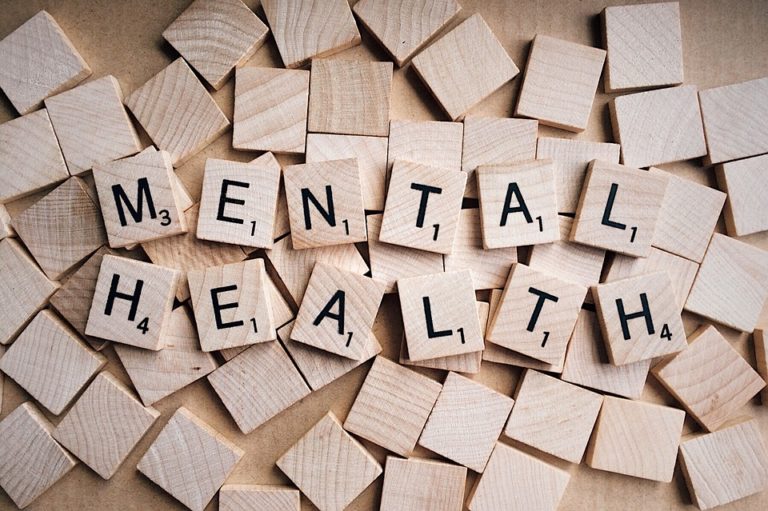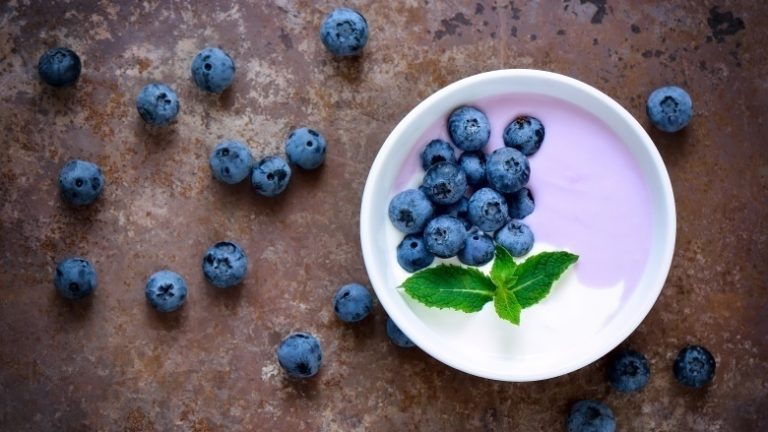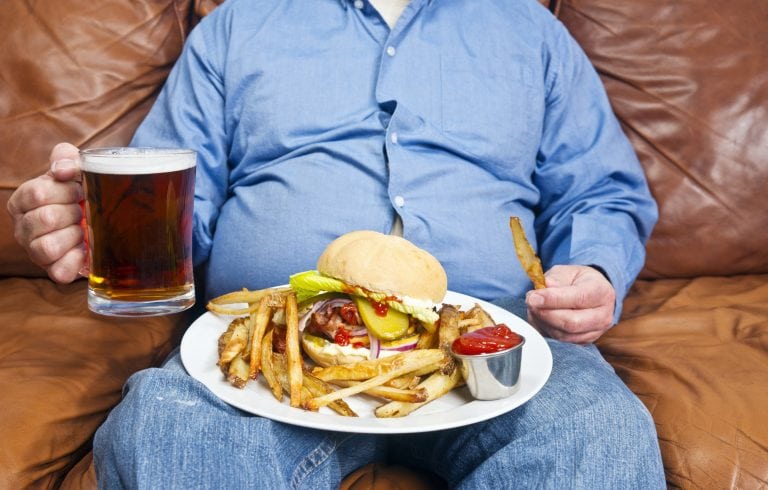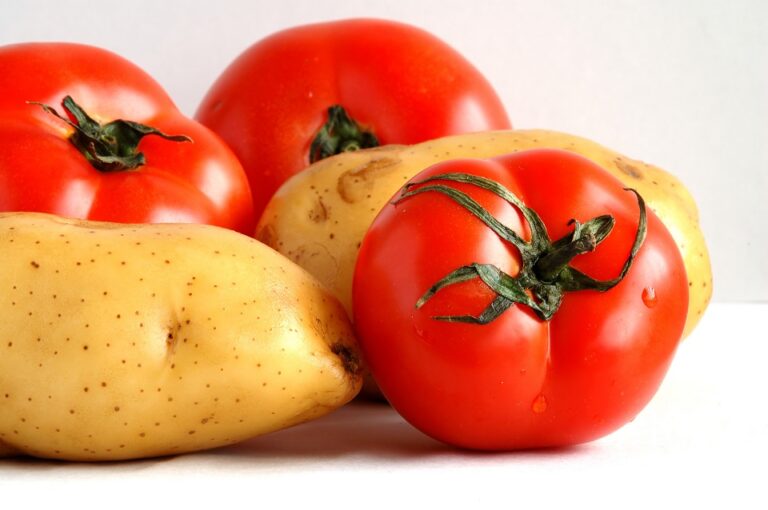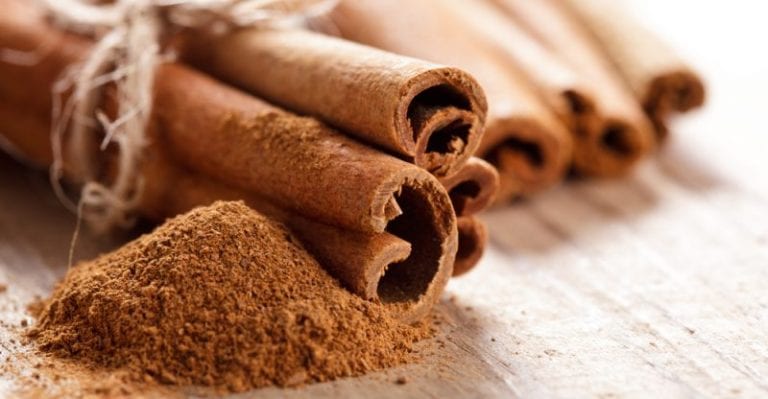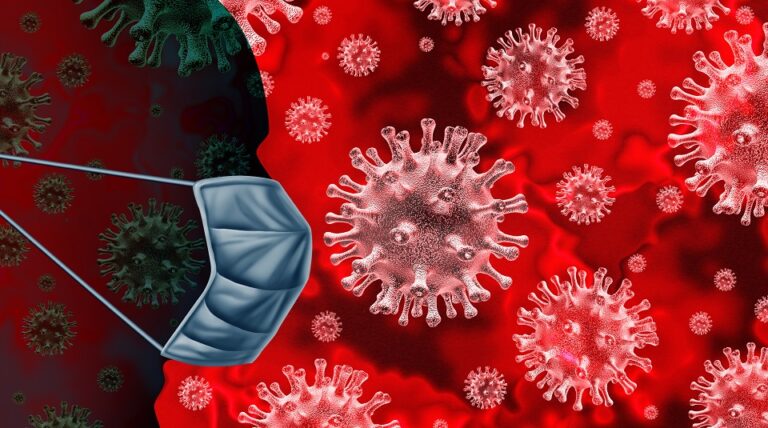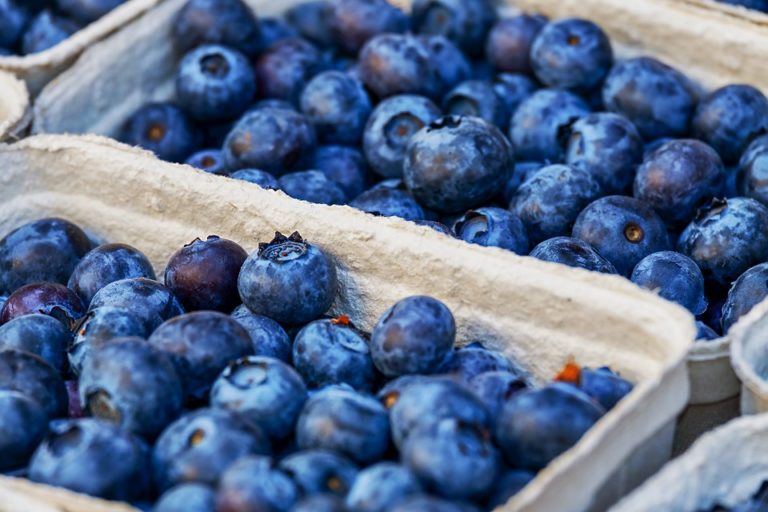
Oily skin can be a royal pain to manage, especially when it leads to unwanted breakouts, blemishes, and blackheads. But if you are wondering what actually causes your skin to be a grease trap, board-certified dermatologist Dr. Rita Linkner explained that oily skin usually is the result of when the sebaceous glands (which are microscopic exocrine glands in the skin) are in overdrive and produce too much oil. This can lead to unwanted acne and can clog pores, she said.
However, Dr. Linkner said there are other factors that can cause oily skin, including genetics, nutritional habits, and oily makeup and skin-care products.
To determine all the causes of oily skin, we consulted four dermatologists about other factors worth keeping in mind before you consult with a dermatologist. From hormonal fluctuations to dehydration, below are 11 reasons why you may be struggling with oily skin.
Genetics play a big role in oily skin
Having oily skin is likely just the way you were born. “Like many other things, oily skin is a familial trait,” said board-certified dermatologist Dr. Yoram Harth, medical director of MDacne. If one of your parents has oily skin, he suggested that you are very likely to have oily skin, too.
Hormonal fluctuations around puberty can cause oily skin
“The hormones that cause our glands to produce more oil are the male hormones – androgens that both males and females have,” Harth told INSIDER.
The higher amounts of androgens present, the more sebum is produced and secreted through the skin pores, he said. In addition, he noted that oily skin is the most common around puberty when the hormones are at their peak levels. With age, he explained, your skin likely will produce less sebum, and your skin will be drier.
You are using the wrong skin-care products
“Using skin-care products that are not customized to your skin type can cause your skin to be too oily,” Harth suggested. This is common in winter months when people tend to use heavier moisturizers that can make the skin oilier and clog skin pores, he added.
Mix and match skin-care products until you find what works for your unique skin.
You are over-drying your skin with harsh cleansers or scrubs
You may try to use harsh astringents and scrubs to cut down on oil, but these drying agents can actually be pretty counterproductive.
“Over-drying the skin by the use of harsh skin cleansers or scrubs can cause the surface to be oilier,” Harth explained. In these cases, the skin senses the dryness and overproduces oil as a solmization, he said.
You are dealing with seborrheic dermatitis
“Conditions like seborrheic dermatitis (thin, flaky skin on the face or scalp) and tinea versicolor (white, thin, flaky patches on the central chest and back) are more common with oily skin but are more likely not the cause of oily skin,” said board-certified dermatologist Dr. Richard Torbeck, with Advanced Dermatology PC. The fungus that causes these conditions thrives on the oils produced in our skin, he said, so if you have it, you likely have oily skin, too.
You are dealing with chronic acne
“Patients with chronic acne and conditions with uncontrollable acne tend to have larger sebaceous glands with a resultant increase in sebum or oil production,” Torbeck told INSIDER.
You have oily hair and an oily scalp
“You may have oily hair and scalp which is dripping onto your facial skin along the hairline,” said board-certified dermatologist Dr. Janet Prystowsky. Daily shampooing can help minimize this problem, she suggested.
Your nutritional habits may be causing your skin to produce more oil
“Research shows that many dairy products like cheese, butter, and milk can trigger oil-producing glands in the skin to increase secretion,” said Dr. Manish Shah, plastic surgeon and anti-aging expert in Denver, Colorado. Because dairy products have hormones in them, he explained that they can cause an imbalance in the production of oil.



